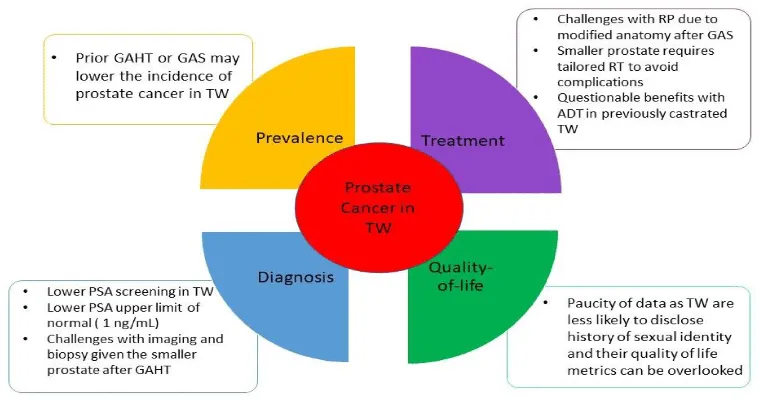In recent years, many people have been raving about the "Mediterranean diet" and its numerous health benefits. As someone who has embraced this lifestyle, I can confidently say that the "Mediterranean diet" is a significant reason why I feel as good as I do. With its emphasis on fresh fruits, vegetables, whole grains, healthy fats, and lean proteins, this diet not only promotes physical health but also enhances mental well-being. In this article, I will delve into the core components of the "Mediterranean diet" and explore how it has positively impacted my life.
One of the most appealing aspects of the "Mediterranean diet" is its focus on whole, unprocessed foods. By incorporating a variety of colorful fruits and vegetables into my meals, I have significantly increased my intake of essential vitamins and minerals. Foods like tomatoes, spinach, and berries are not only delicious but also packed with antioxidants that help combat oxidative stress and reduce inflammation. This dietary approach has made a noticeable difference in my energy levels and overall vitality.
Another cornerstone of the "Mediterranean diet" is the inclusion of healthy fats, particularly from sources like olive oil, nuts, and fatty fish. Olive oil, often referred to as a "liquid gold," is a staple in Mediterranean cuisine and is known for its heart-healthy properties. Replacing saturated fats with olive oil has improved my cholesterol levels and supports cardiovascular health. Additionally, the omega-3 fatty acids found in fish such as salmon and sardines have been linked to improved brain health, which is essential for maintaining focus and cognitive function.
Whole grains are another vital component of the "Mediterranean diet". By choosing whole grains like quinoa, farro, and brown rice over refined grains, I have noticed a significant improvement in my digestion and sustained energy throughout the day. Whole grains are rich in fiber, which not only aids in proper digestion but also helps keep me feeling full longer, reducing the temptation to snack on unhealthy options.
Moreover, the "Mediterranean diet" encourages the consumption of legumes, such as lentils and chickpeas, which are excellent sources of plant-based protein. Incorporating these foods into my meals has allowed me to diversify my protein sources while reducing my intake of red meat. This shift has not only contributed to my overall health but has also aligned with my efforts to adopt a more sustainable lifestyle.
One of the less tangible yet equally significant benefits of the "Mediterranean diet" is the lifestyle that accompanies it. Meals are often enjoyed in a social setting, emphasizing the importance of community and connection. Sharing meals with family and friends fosters a sense of belonging and happiness, which is vital for mental health. This social aspect of dining has made my meals more enjoyable and fulfilling.
In conclusion, the "Mediterranean diet" has profoundly influenced my well-being and quality of life. By focusing on whole, nutrient-dense foods, I have experienced increased energy, improved heart health, and enhanced mental clarity. The emphasis on healthy fats, whole grains, and legumes has not only nourished my body but has also provided a sense of community and joy in my daily life. If you're looking for a sustainable and enjoyable way to enhance your health, I highly recommend exploring the "Mediterranean diet"—it truly has been a game changer for me.





